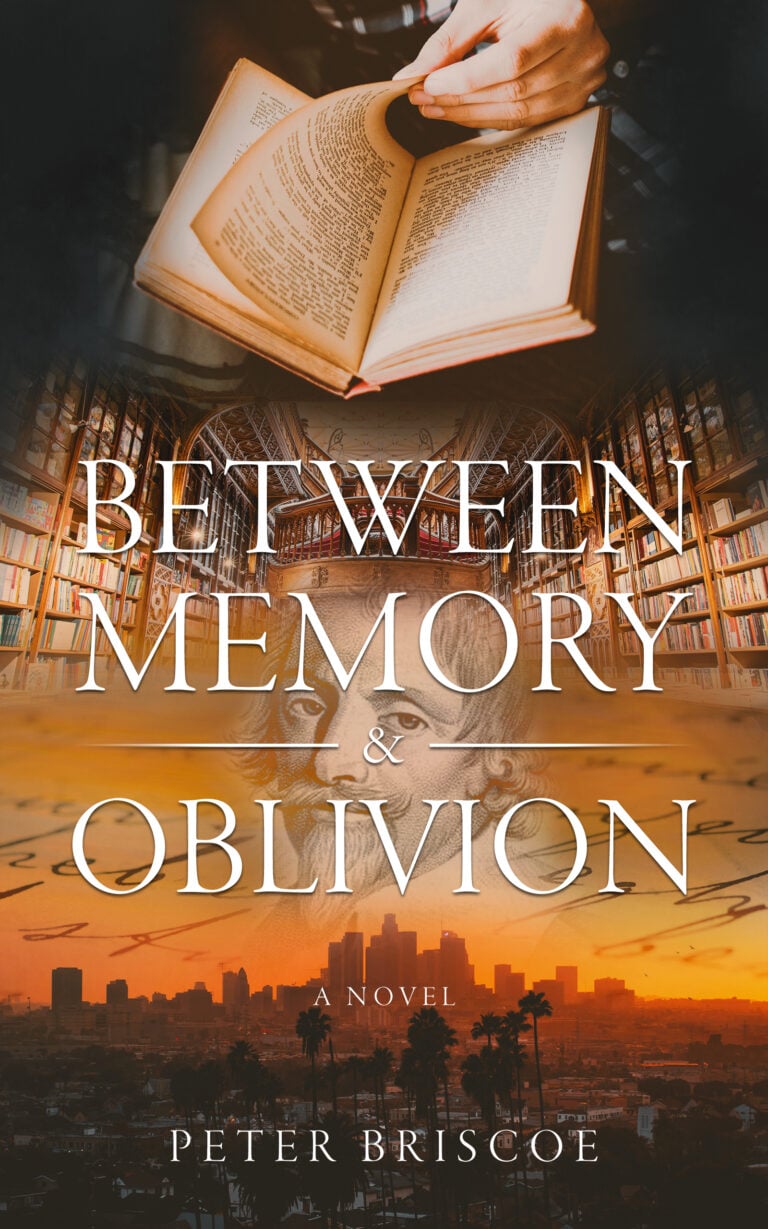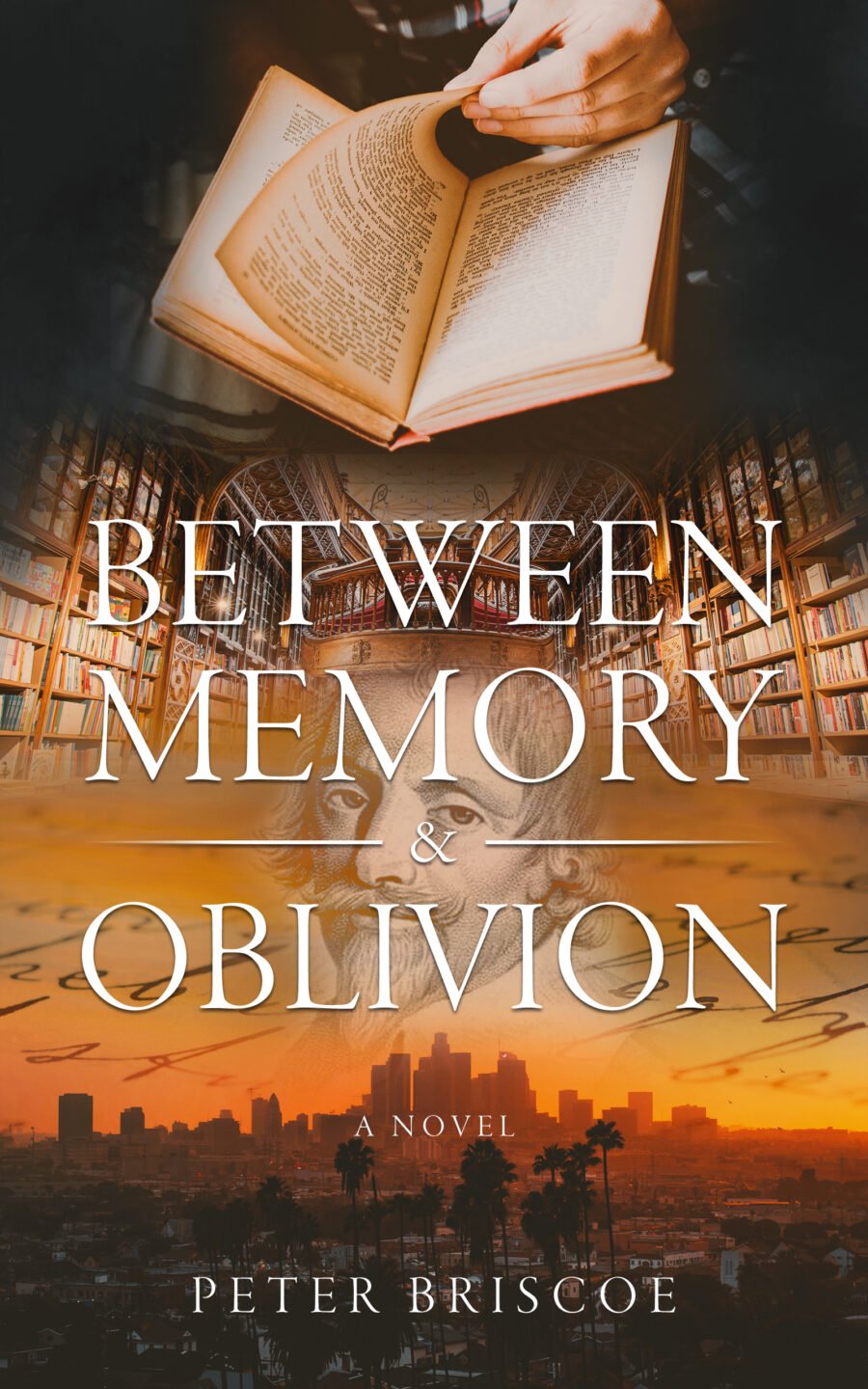Michael Ashe, a successful, globe-trotting antiquarian bookseller, is finding it hard to keep his business afloat. Once, he could rely on his carefully cultivated customer base of academics and librarians to purchase the rare volumes he sourced. Now, those customers are either retiring or bound by the new policies of their institutions, where the digital archive takes precedence over Ashe’s antiquated stock. Coupled with a sense of general ennui and loneliness, Ashe is finding things increasingly difficult. When an institution threatens to literally break the valuable books Ashe is about to sell them, something snaps. He has to take a stand. Everything he has built his life around is under threat of being devalued. Can Ashe stop the desecration of cultural heritage? Can he turn his life and business around?
Briscoe’s novella centers around the rare book world. But this is no The Club Dumas by Arturo Pérez-Reverte. Instead, the author eschews any possibility of drama, thrills in his hero’s various international jaunts, and concentrates on the more down-to-earth question of how to safeguard rare historical items. Is it ever justified to destroy something while seeking to preserve its essence?
Aside from a few rather clumsy and out-of-place sex scenes, Briscoe writes clearly and with some style. His lead character is convincing as an increasingly weary book dealer. On the surface, he is successful. He travels extensively. He has premises. He has staff. Yet the work is bringing him down. Even his own stock is getting to him: “At times it comforts him and is a source of pride and wealth; at other times it’s terribly depressing, a burden, a crushing, disorganized mass.” A self-confessed “elitist,” Ashe is rather pretentious and burdened by romantic ideals. He wants to walk every street in Paris. He wants to find the love of his life. Yet still, he admits: “Booksellers don’t make good marriage material. We’re lone wolves.”
There are extensive digressions within the book that reference the 17th-century librarian and scholar Gabriel Naudé. Though presumably intended to illuminate the rich history of cataloguing and librarianship, these tend instead to imbalance such a short book, derailing whatever narrative impetus Briscoe has achieved for his characters.
Overall, this quiet, low-key novella intriguingly examines how a man and his business face technology and change as the analogue world is encroached upon by the digital.
Though rather lacking in any great drama, Peter Briscoe’s BETWEEN MEMORY AND OBLIVION: A Novel focuses on the philosophical in a way that should reward the patient reader.
~Kent Lane or IndieReader


